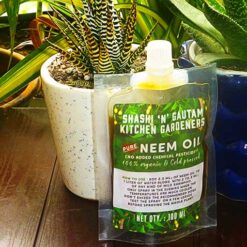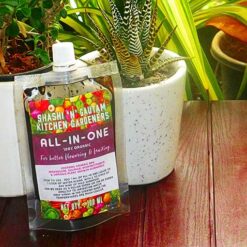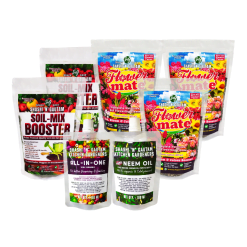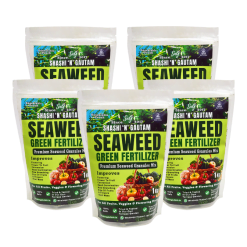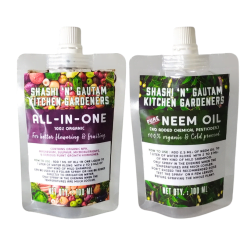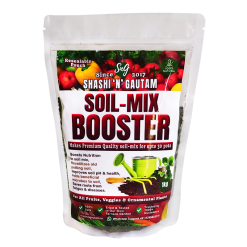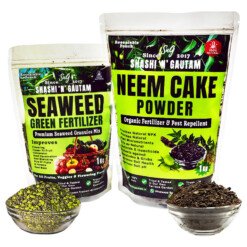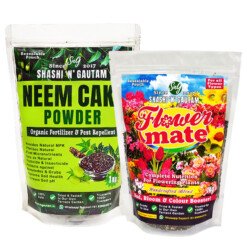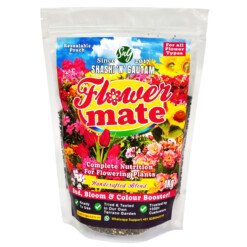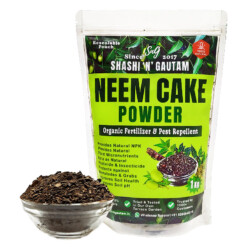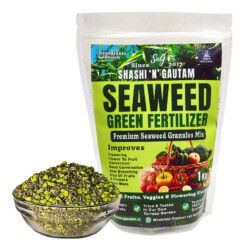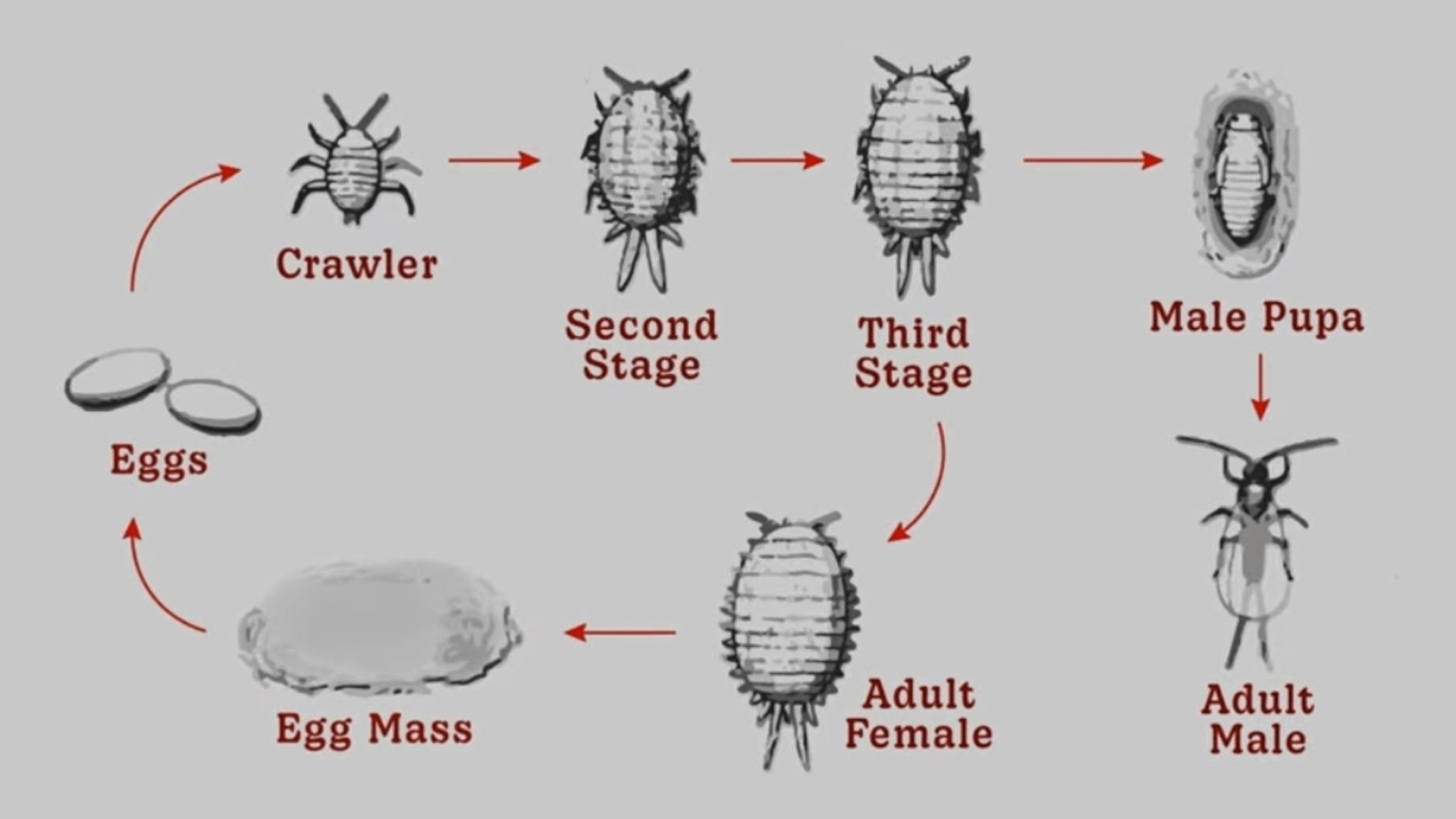organic Insecticide, Plant Disease and Pests
100% Effective Way to Get Rid of Mealybug on Hibiscus Plants in 2 Steps
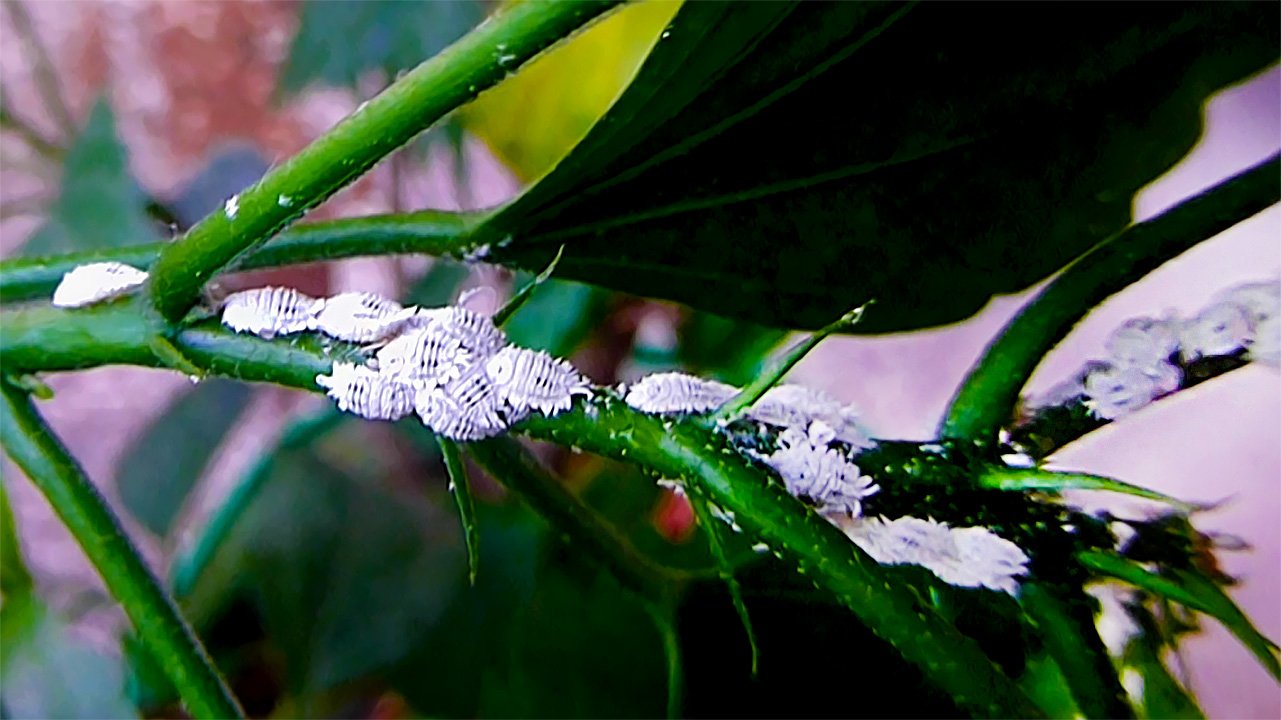
Mealybug are small, white insects that can be a real nuisance to hibiscus plants. They feed on the sap of the plant. Plants need sap, just like humans need blood, to survive. Sap is like the blood of plants because it carries essential oxygen and nutrients to different parts of the plant. However, when mealybugs feed on the plant sap, it’s like they’re draining the life force of the plant. As a result, the plant becomes weak and eventually dies. Just as humans can’t survive without blood, plants can’t survive without their vital sap.
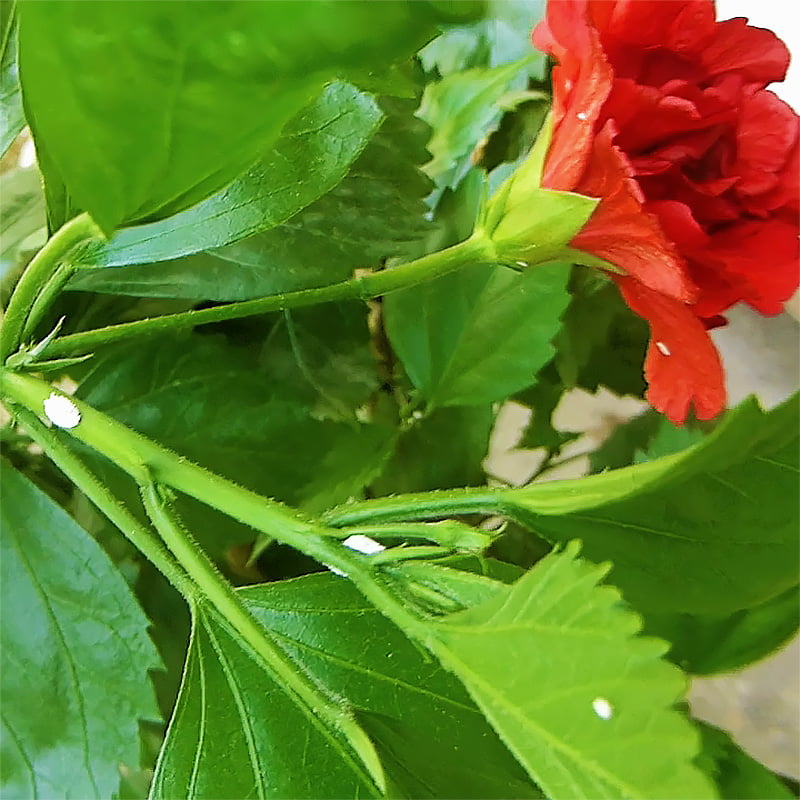
Mealybug On Hibiscuss
Onset of mealy bug infection on Hibiscus plant.
Blast Away Mealybugs with this Simple and Effective Method!
We know how frustrating it can be to have mealybug on your hibiscus plants. They’re unsightly, and they can even kill your plants if they’re not dealt with.
But don’t worry, I’m here to help! I’m going to share with you a two-step process that’s super simple to follow and 100% effective in eliminating mealy bug from your garden.
Step 1: Knock Off the Mealybug
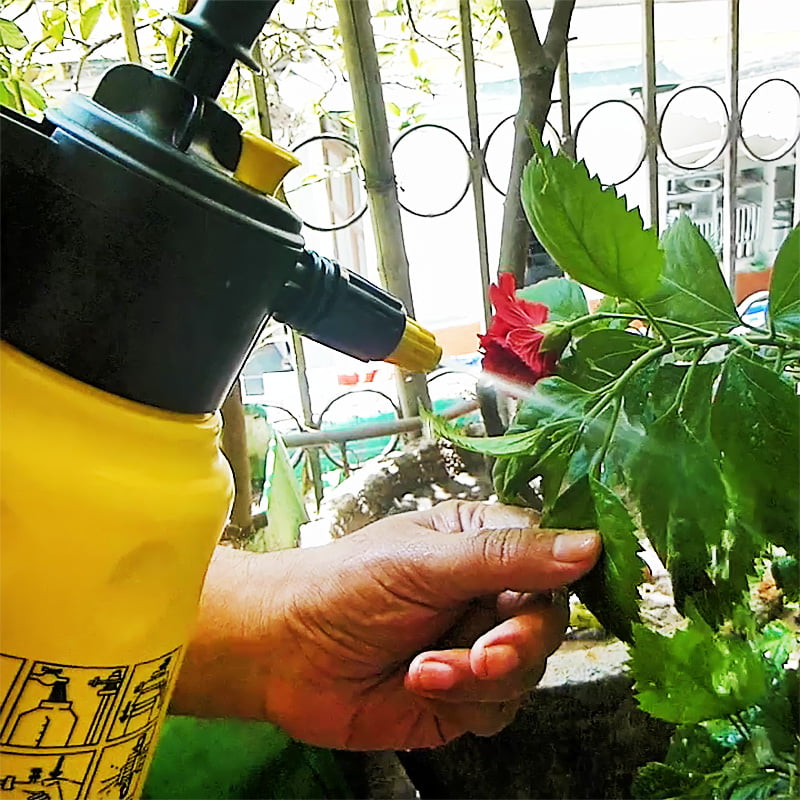
The first step is to use a pressure washer with a strong water jet to knock the millie bugs off the plant. Aim the water jet at the mealybug, targeting areas such as the underside of leaves, branch joints, buds, and the base of flowers. The goal is to dislodge and wash away these white bugs that are wreaking havoc on your plants.
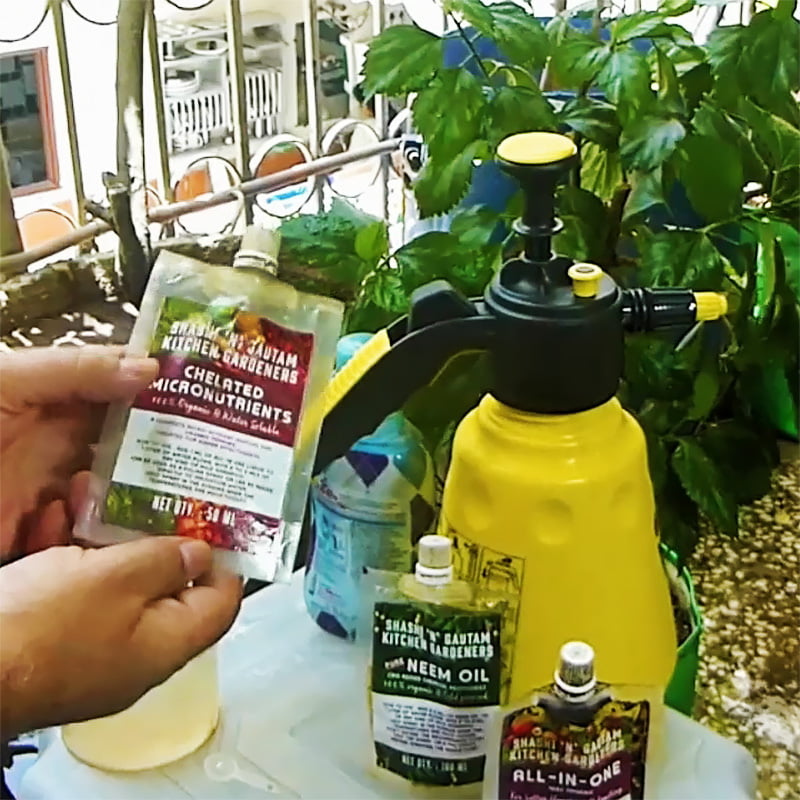
Step 2: Apply an Organic Insecticide Spray
Once you have successfully washed off the mealy bug, it’s time for the second step: applying an organic Insecticide spray to further mealy bug control and prevent their return. For this, you will need some key ingredients: organic neem oil, liquid fertilizer, liquid soap, and water.
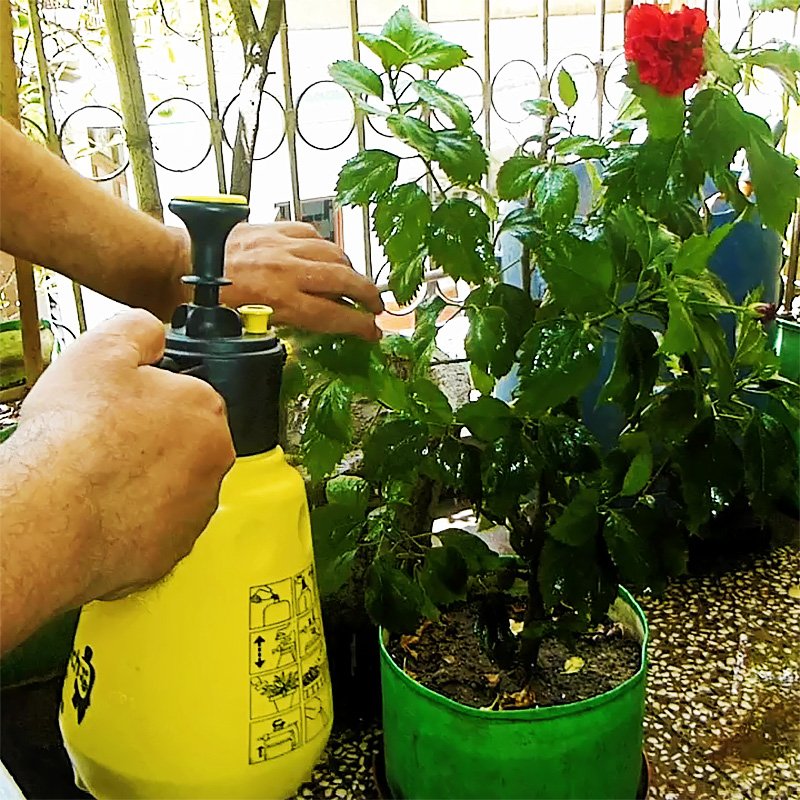
To prepare the organic pest preventative spray, combine 2.5 ml of our organic neem oil, 1 ml of chelated micronutrient mix, and 1 ml of all-in-one tonic with 1 liter of water. To ensure proper mixing, add 1-2 ml of liquid soap. Once the solution is well-mixed, thoroughly drench your hibiscus plant, making sure to thoroughly drench all parts of your plant.
To prepare the organic pest preventative spray
Combine 2.5 ml of our organic neem oil, 1 ml of chelated micronutrient mix, and 1 ml of all-in-one tonic with 1 liter of water.
How to Prevent Mealybug from Reinfecting?
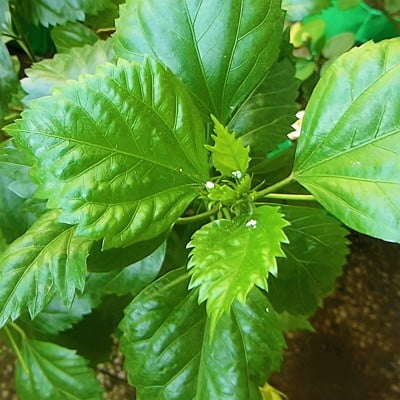
Following Steps 1 and 2 will significantly reduce the mealybugs population on your Hibiscus. However, it’s essential to understand that these persistent pests can rebound if not continuously monitored and treated. Although you may have removed the adult millie bugs during the initial wash, there may still be tiny and eggs clinging to the plant. Over time, they will mature and restart their infestation cycle.
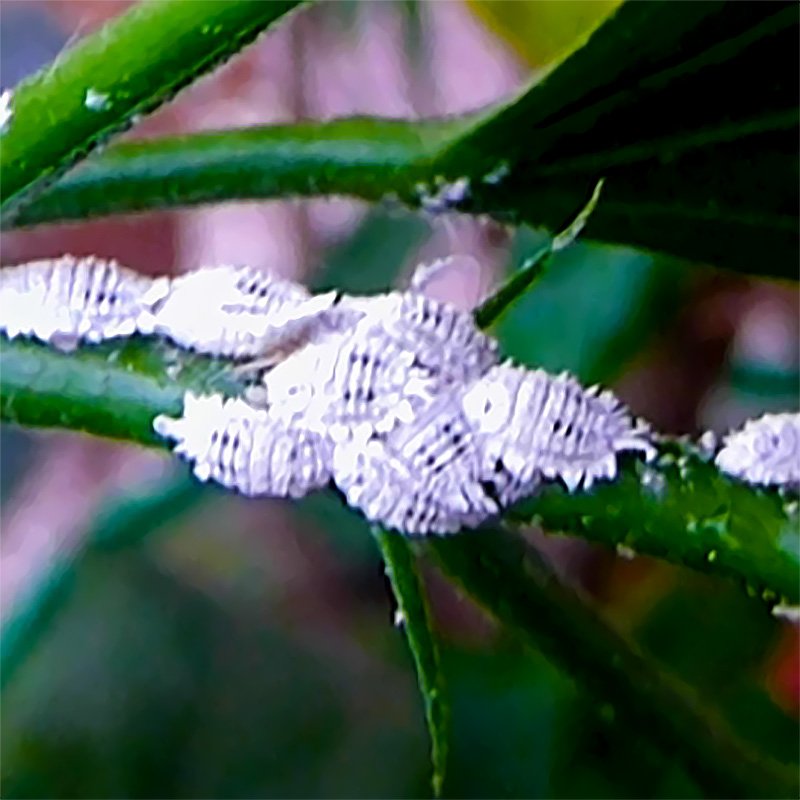
To prevent a resurgence, it’s crucial to inspect your plant every few days and repeat the preventative spraying as needed. By maintaining a regular spraying schedule, the mealybug population will gradually decrease until they are completely eradicated. Once you no longer observe any mealy bug, it’s wise to switch to a weekly preventive spray routine to keep them from reappearing.
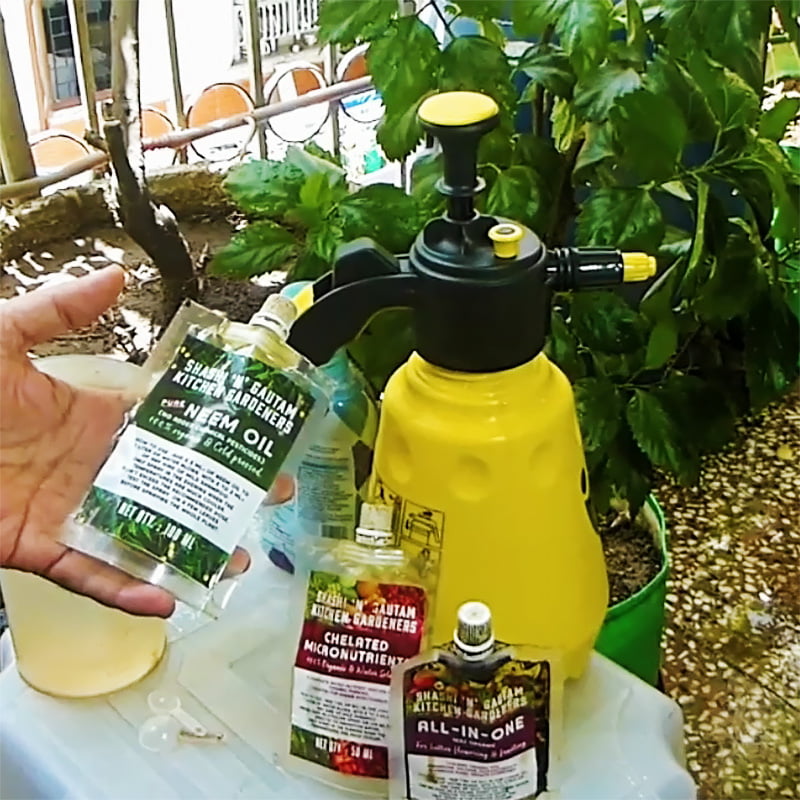
Here are some additional tips to help you control mealybug on hibiscus plants
- Keep your hibiscus plant healthy and well-watered. Mealybug are more likely to attack stressed or unhealthy plants.
- Inspect your plant regularly for signs of pests. The sooner you catch a mealybug infestation, the easier it will be to get rid of it.
- Prune away any dead or diseased branches. This will help to remove any potential mealy bug breeding grounds.
- Use a neem oil spray as a preventive measure. Neem oil is an effective natural insecticide for treating millie bugs.
Grow Organic
Our Fertilizer Organic bust the myth that without the use of chemicals, you can’t grow a thing! Use our Premium Organic Fertilizers and get High Yields in your home garden.
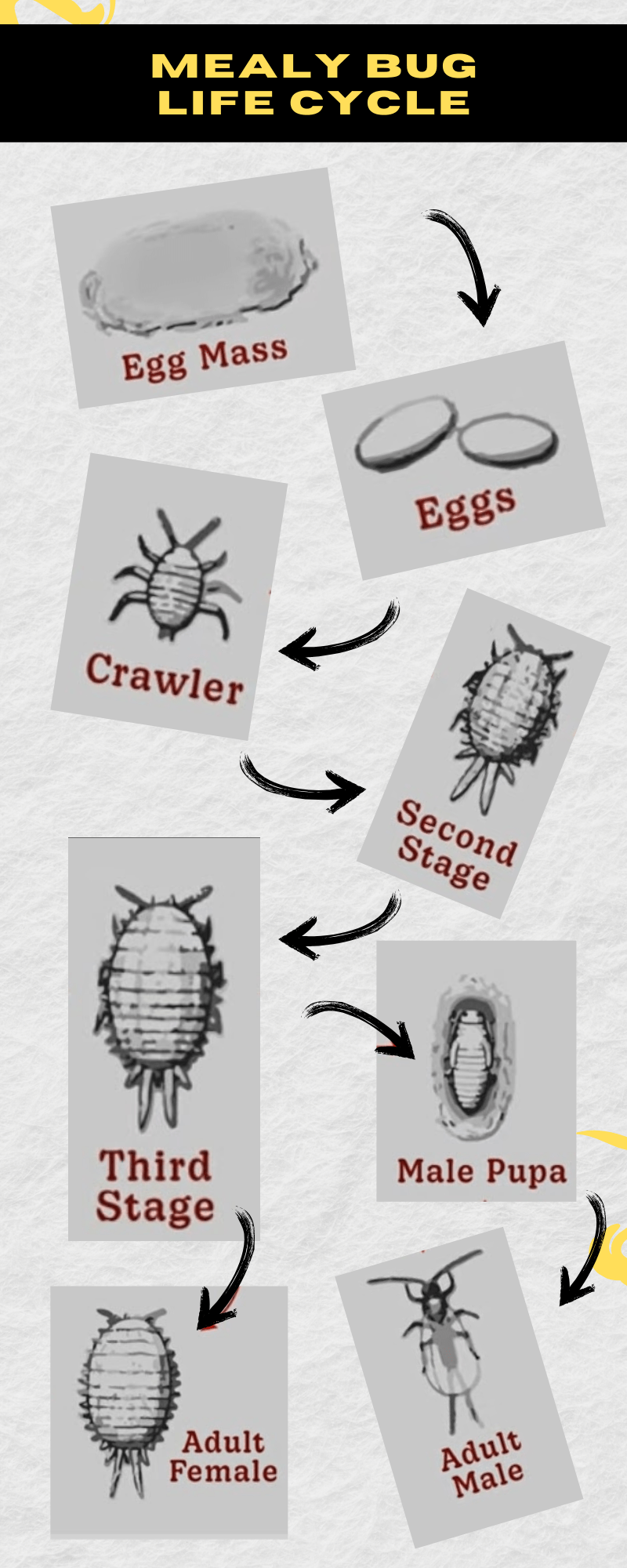
Understanding the life cycle of mealybug
Understanding the life cycle of mealybug can help you effectively combat these pests and save your hibiscus plants. Mealy bugs go through several stages in their life cycle before becoming adult insects. Let’s take a look at the different life stages:
- Eggs: Mealybug start their life as tiny eggs, which they lay in clusters on plant surfaces.
- Crawler: After hatching from the eggs, the young mealy bug, known as crawlers, move around in search of suitable feeding sites.
- Second Stage: As the crawlers find a feeding spot, they molt and enter the second stage of their development.
- Third Stage: In this stage, mealy bug continue to grow and molt, gradually becoming larger.
- After reaching the third stage, mealybug have two different paths for their development. Some individuals continue to grow and transform into adult female, while others take a different path and become adult male.
- Third Stage to Adult Female: Female reach their adult stage, where they can reproduce and lay eggs in large masses.
- Third Stage to Male Pupa: Some mealy bug also go through a stage called the male pupa, which is specific to male individuals.
- Male Pupa to Adult Male : The male pupa transforms into an adult male mealy bug, which plays a role in reproduction.
Understanding the life cycle of mealybug is important because it helps you identify the different stages of infestation and target them effectively. By using our two-step method in the earlier sections, you can disrupt the life cycle and prevent their population from increasing.
Remember, regular inspection and treatment are key to preventing mealybugs from reinfecting your hibiscus plants.
By following these simple tips, you can say goodbye to mealybug on your hibiscus plants and ensure they stay healthy and beautiful for a long time.
5 Organic Ways You Can Get Rid Of leaf Miners


